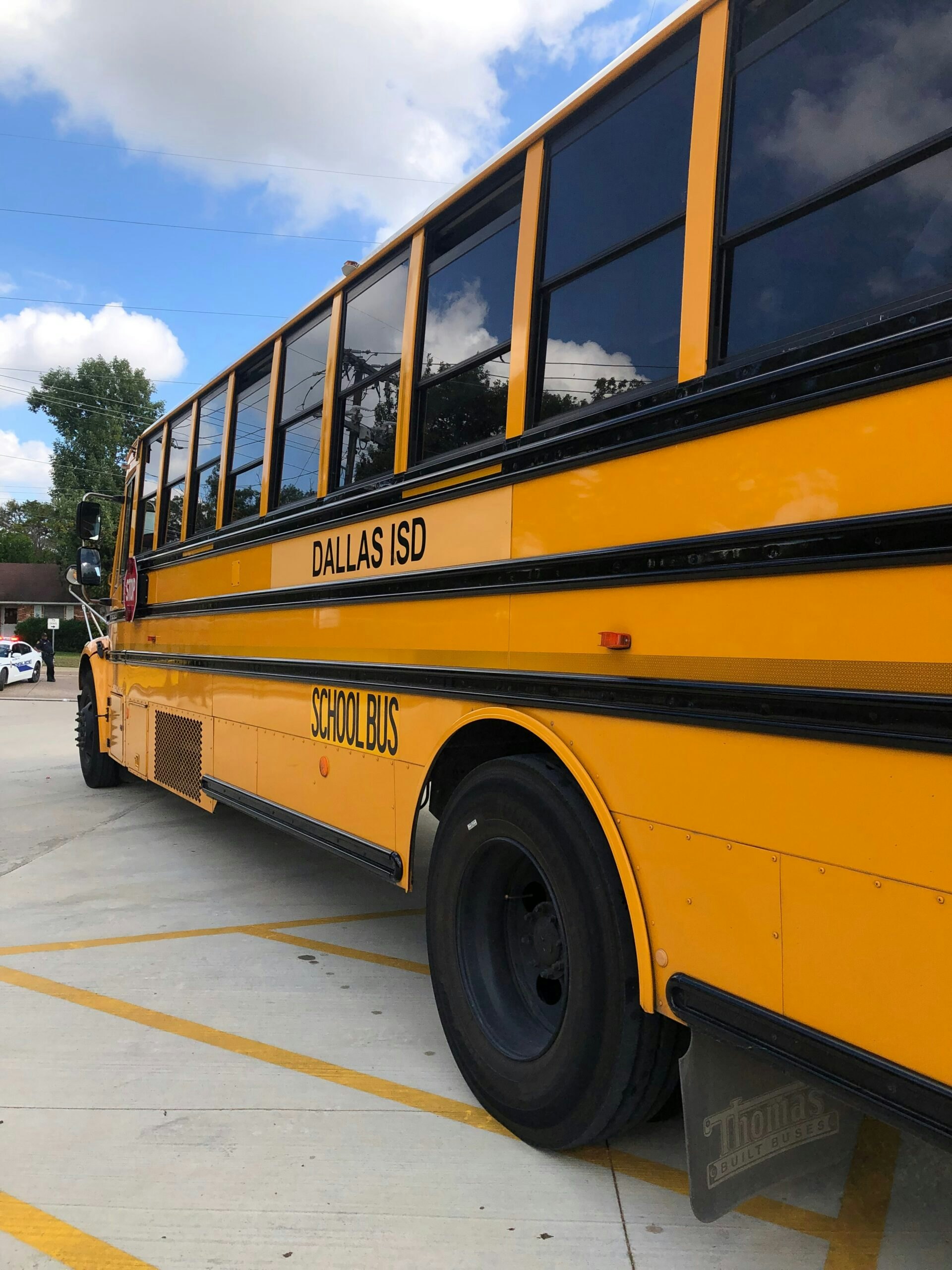Our recommendations:
- Congress should reform legal immigration to ensure America’s growing economy has the workers it needs
- Congress should raise or eliminate per-country caps on green cards
- The administration should remain committed to refugee resettlement
- The administration should expand, and Congress should fund, programs that support refugees worldwide
America benefits from immigration, but our outdated system needs a top-to-bottom overhaul to ensure our future prosperity, vitality, and security. The post-COVID-19 economic recovery produced high demand for labor, and immigrants from around the world have filled these open jobs. The Congressional Budget Office has predicted that the increase in immigration over the last few years will boost nominal GDP by $8.9 trillion in the next decade and lower the deficit by nearly a trillion dollars.
Clearly, immigration is good for America’s economic health – even when we lack a legal immigration system built for our 21st century economy. Maximizing this economic potential is crucial to ensuring a thriving economy for future generations of Americans.
The political conversation around the 2024 election focused almost entirely on enforcement and removals. Glaringly absent are solutions to replace the workers who will inevitably be removed from the economy if the enforcement plans are fully implemented. To avoid the worst economic effects of large-scale removal (over $1 trillion in lost GDP), the U.S. government must have a plan to replace these workers. The U.S. government must also examine how to best utilize immigration policy to ensure America’s future vitality. The U.S. birth rate is below replacement levels and has been trending downward since the 1970s. The Congressional Budget Office projects immigrants will be responsible for all U.S. population growth by 2040. We cannot wait until our population starts shrinking to enact growth-oriented immigration policy. Immigration is one tool to help sustain our population – and our future labor force.
Finally, America must think of security as more than just immigration enforcement. We must continue to be a beacon of freedom and opportunity for the persecuted, and we must support the safe resettlement of refugees worldwide, not just within our borders.
Congress should reform our legal immigration system to ensure America’s growing economy has the workers it needs
The United States had 8 million job openings as of September 2024 and only 6.8 million available workers, according to the U.S. Chamber of Commerce. Businesses need workers to maintain productivity. For the legal immigration system to maximize its benefit to our economy, Congress must provide additional temporary worker visas and employment based green cards. Congress should also expand self-petitioning pathways in the United States to provide additional flexibility for immigration to boost the economy.
Congress should lift or eliminate caps on temporary worker visa programs like the H-2B and H-1B
Simply put, temporary worker visas are one area of immigration policy that largely works. While some programs could use tweaks, one of the most pressing problems is that low caps prevent American employers from accessing the workers they need. Congress should raise or eliminate caps on temporary worker visas. These visas complement the existing labor force, allowing industries with chronic labor shortages to augment their workforce when labor markets are too tight to find the workers they need.
Congress should provide additional employment-based green cards at all skill levels
While the United States competes with the rest of the world for the best, brightest, and most industrious foreign-born workers, we are still a top destination country for this talent. And we do it with a legal immigration system that hasn’t been substantially updated since the 1990s. Our current employment-based green card categories are too small to meet our economic needs, and the high demand from foreign-born workers means there are willing workers waiting decades for a chance to contribute in the United States. While more green cards are certainly needed in highly skilled categories, the United States would benefit from allowing more workers with less than a bachelor’s degree to access employment-based green cards. Some things may be done at the margins to gain a few more workers, like unused green card recapture and exempting dependents from the cap. But, ultimately, Congress should provide additional green cards, not just nibble at the edges of an outdated rubric.
Congress should create more opportunities for immigrants to self-petition for a green card
The necessity of a family or employer sponsor for most legal migration pathways to the United States means many talented foreign-born workers are shut out of an opportunity to contribute to our country. Adding more self-petitioning pathways to our legal immigration system would create market flexibility, benefit our economy, 5 and provide another way for the United States to compete for the best and brightest workers from around the globe.
Congress should raise or eliminate per-country caps on green cards
Current per-country caps limit the number of green cards available to no more than 7% of the annual allotment of available family and employment based green cards, causing massive backlogs in countries where a large number of people try to migrate to the UnitedStates. Decades long backlogs are a problem, of course, but per-country caps may hinder America’s future vitality.
In just a few decades, the world’s graying societies – including the United States – will be competing for workers in one of the few places in the world that is still growing rapidly: sub-Saharan Africa, which is projected to double its population by the year 2050. An immigration system that has the current per-country caps in place will unnecessarily restrict our ability to compete for the talented young workers of the future – workers who live in places like sub-Saharan Africa.
Congress can raise or eliminate those caps now to ensure the United States of the near future can forcefully compete for immigrant talent.
The administration should remain committed to refugee resettlement
America is a beacon of freedom and opportunity around the world. With record numbers of people displaced globally, including in our own hemisphere, continued U.S. commitment to protect the persecuted is a strong statement that the United States will continue to engage in the world. As we wrote in 2021, refugee resettlement also promotes America’s economic, security, and diplomatic interests by fostering greater trust and social capital within the international community.
Today’s political conversation is focused almost entirely on border security and interior enforcement of immigration laws. Those are important topics, but they must be considered as part of a broader package of solutions. American security depends in part on U.S. global leadership. Refugee resettlement is one piece of that puzzle. Regional solutions that disempower smugglers and prevent migrants from taking a long journey to the U.S.-Mexico border would complement resettlement.
Security concerns about the screening of refugees are understandable, as many of them come from some of the most unstable regions in the world. But U.S. refugee vetting is a yearslong process that is multilayered, thorough, and secure. Americans can be confident in welcoming those who arrive via our refugee resettlement process.
Congress can raise or eliminate those caps now to ensure the United States of the near future can forcefully compete for immigrant talent.
The administration should expand, and Congress should fund, programs that support refugees worldwide
Displacement is a worldwide issue, with more than 120 million people forcibly displaced. Even if the United States were to reach our refugee resettlement ceiling every year, we could only provide protection for a fraction of this population. Refugees need safety and security. Poorer countries often generously host refugees, but they need humanitarian support to do so.
The Department of State already provides some funding to this end, but it should consider expanding its support to more countries that would be willing to be a final point of resettlement for certain refugee populations. Congress should appropriate funding for these programs to help ensure that the countries generous enough to provide refuge can do so securely and maintain stability.
Humanitarian support like this is not just the right thing to do. Displacement can increase instability and insecurity if the policy response is inadequate to support legal and safe pathways to resettlement. The United States has a vested interest in limiting the negative consequences of forced displacement and should use foreign assistance to accomplish this.
Enforcement-only immigration policy will not ensure America’s future prosperity, vitality, and security. The U.S. government must have a plan to replace the workers that likely will be removed in the next four years. Congress should expand legal immigration to promote economic growth. Congress must look to the future and design an immigration system that will help the United States compete for workers in the countries that are still growing. And the executive branch should think expansively about security, considering regional solutions and American leadership abroad to help it craft security policies that have a chance at longer-term success.



























